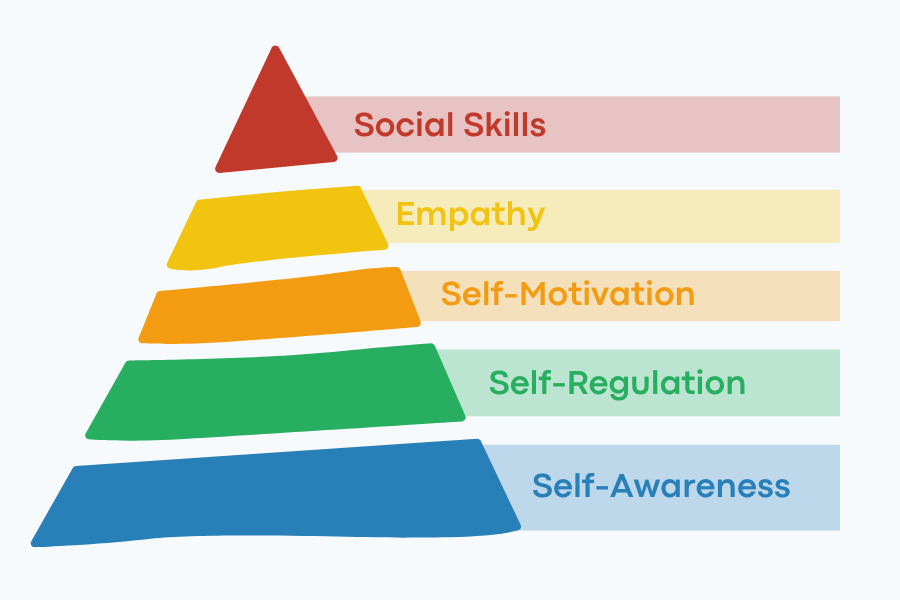Emotional Intelligence: The Emotional Manager
September 16, 2022

Five competencies of the Emotional Intelligence pyramid
College of Leadership and Public Service News
September 16, 2022

Five competencies of the Emotional Intelligence pyramid